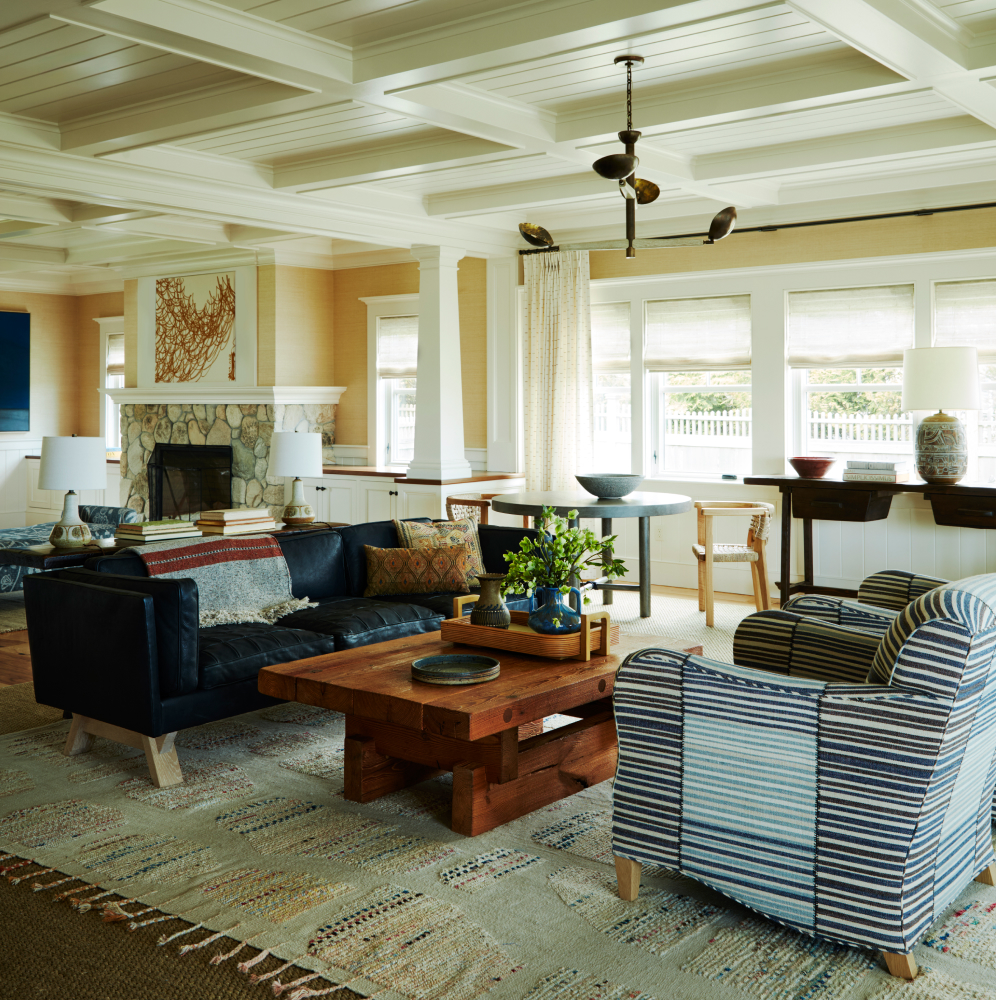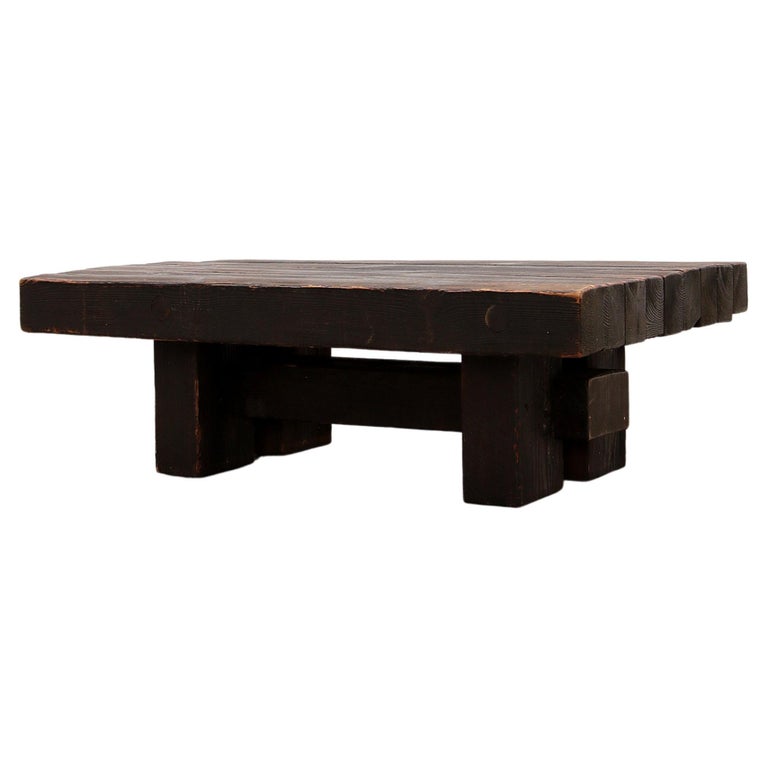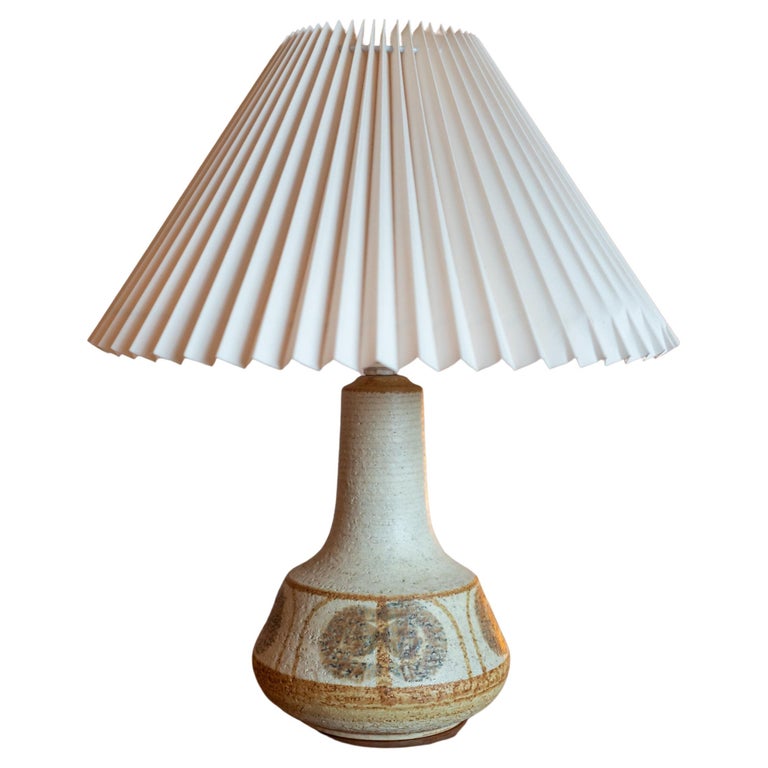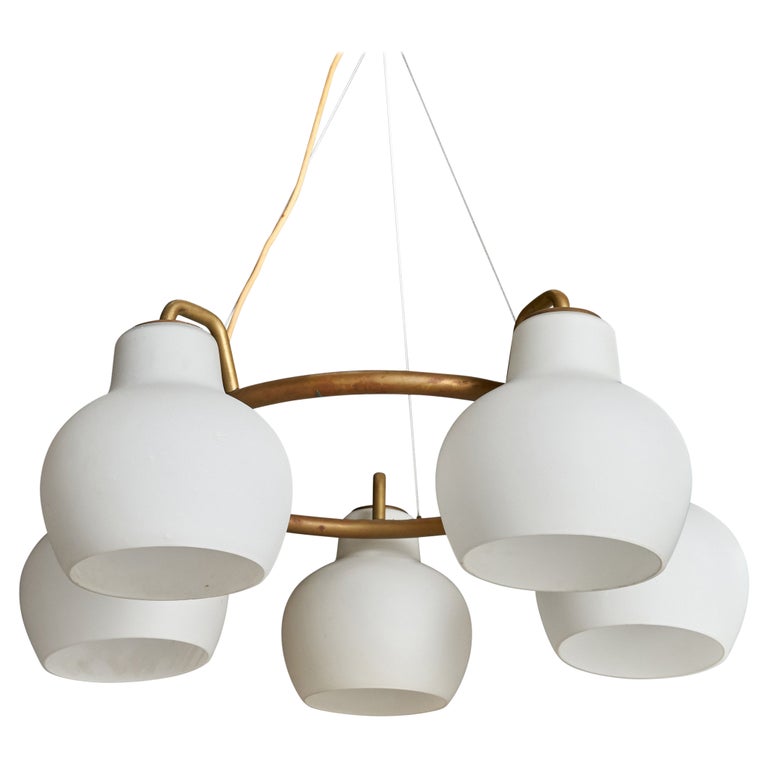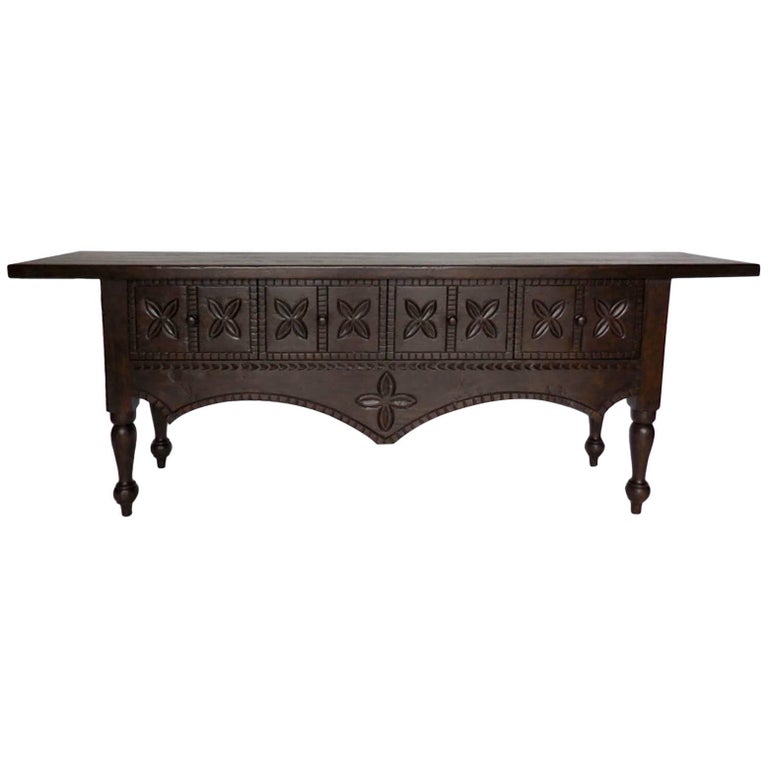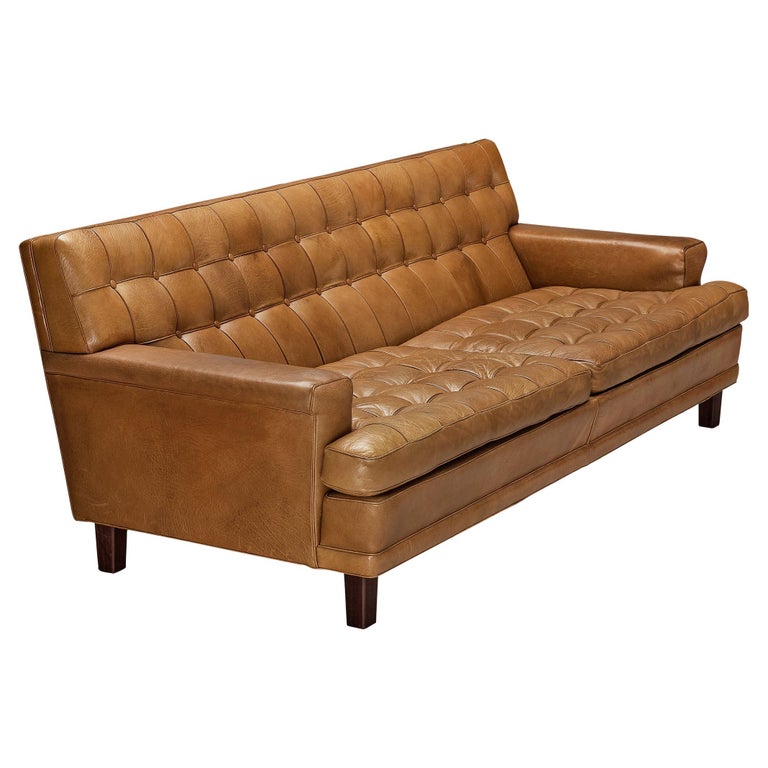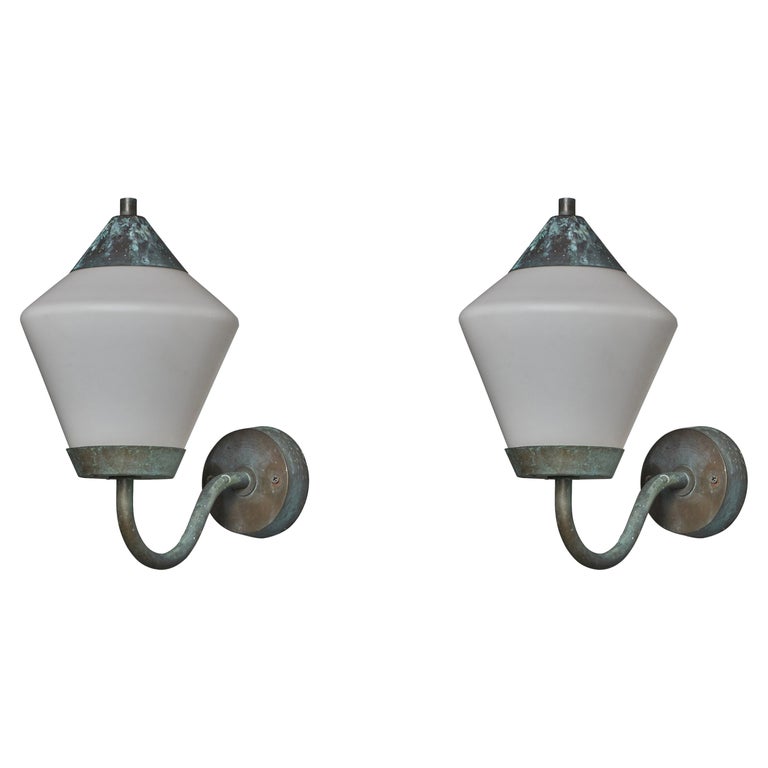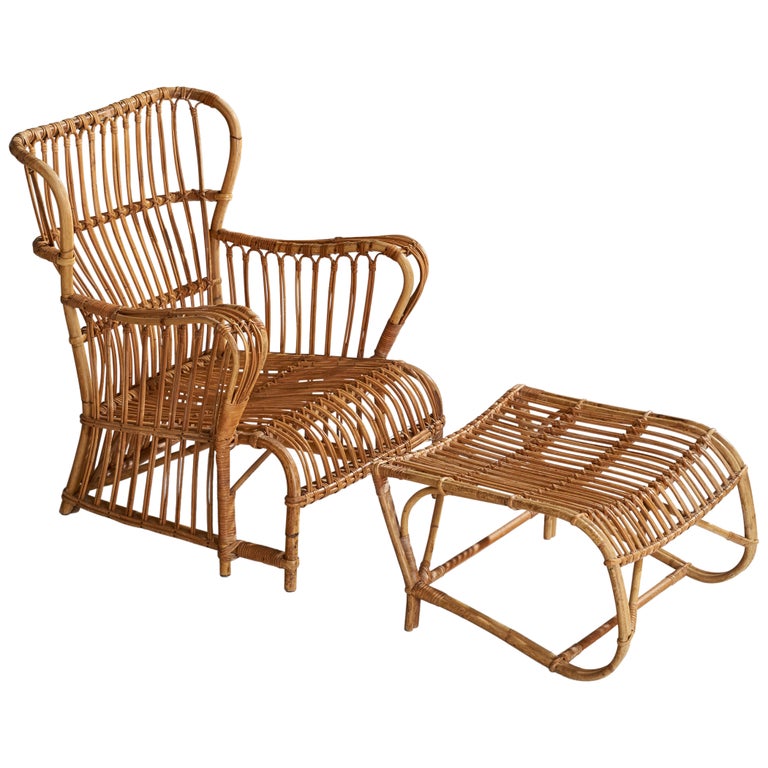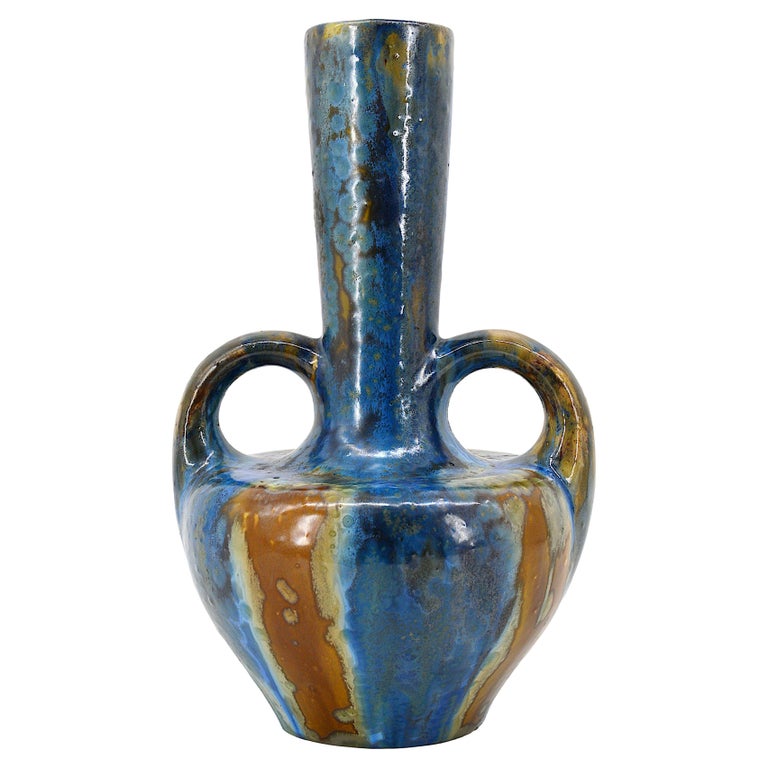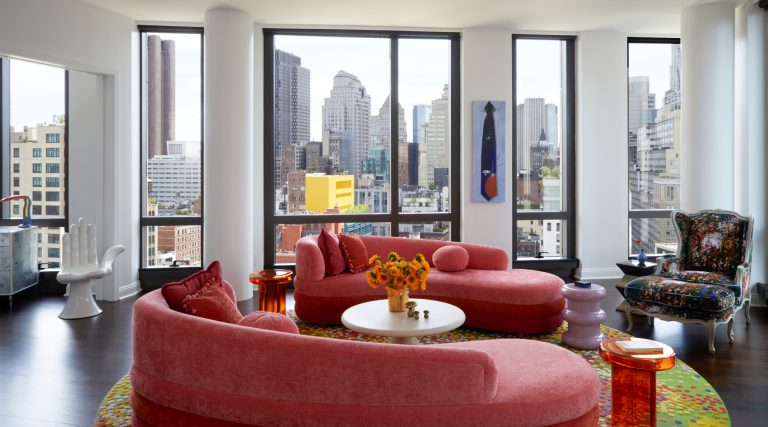August 11, 2024When you’re a designer who usually starts your interiors by concocting a palette of deep moody colors — pulling them from a multihued antique rug, say, or an intricately patterned textile — and you find yourself working with clients for whom color is anathema, you could end up at a loss for inspiration. But not if you’re Nina Farmer.
This 1stDib 50 talent simply pivots, replacing the richness of color with layers of interesting textures, sculptural forms and even more vintage finds than she usually uses. “I try to make sure each piece I select is unique and stand-alone,” says Farmer, explaining how she creates visual interest in a scheme largely devoid of color.
In the case of this summer house, a waterfront five-bedroom on Massachusetts’s Cape Cod, Farmer also managed to convince her color-averse clients — with whom she was working for the second time — to embrace several shades of blue that they could see through their home’s large expanses of ocean-facing windows. “I felt we could treat those hues almost in a neutral way, because they’re part of the landscape,” Farmer explains.

Beyond pointers about palette, the homeowners, a couple with two children, shared with Farmer a desire for a summer retreat that was relaxed and comfortable. That may not be such a surprising request for a coastal vacation house, but it did require Farmer to perform something of an aesthetic overhaul.
The decade-old house her clients had bought had a decidedly formal mien, combining elements of both shingle and classic style, its coffered ceilings, series of columns and assorted other millwork all painted a gleaming white. This created an overall atmosphere of dramatic grandeur rather than genteel comfort. “The architecture was just overwhelming,” says Farmer, “and it didn’t offer a lot of texture.”
She softened the look with a coat of Farrow & Ball’s ever-so-pale greige Satin Slipper on all that millwork, plus woven coverings on many of the walls. From there, she started layering in vintage rugs, robust geometric furniture and subtly statement-making lighting, finishing every room with contemporary artworks that provide their own texture.
The entry, for example, engages new arrivals with a graphically patterned antique Turkish rug and a vintage Charles Dudouyt chest featuring large, bobbin-style turned legs and prominent knobs. Farmer paired these with a brutalist 1970s table lamp carved from Belgian stone and a Caio Fonseca color-block painting. “I wanted the house to feel inviting from the moment you walk in,” she says, “right-size and approachable.”
Here, she welcomes Introspective in for a tour of the recently completed home — which, despite its neutral color scheme, proves anything but dull.
Family Room

One of the main challenges Farmer encountered when she set about decorating was distinguishing its two largest public spaces — this family room and an adjacent great room — from each other. She found a solution by defining their atmospheres and uses. She saw the family room as the more casual of the two, intended for lounging and watching TV. Around a leather and oak coffee table, she arranged a custom sofa, 1970s brutalist Lane side tables from Furnish & More, large-scale ceramic Søholm Stentøj lamps from Red Modern Furniture, a contemporary daybed, a pair of high-back Danish chairs from Morentz and two vintage wood and rattan stools. The artworks are by Elliott Puckette, Carlos Otero and Susan Vecsey.
Great Room

In contrast to the family room, Farmer says, this living area “was treated more as a space to socialize, play games, read a book.” She hung a contemporary metal pendant lamp over a sofa by Roman and Williams, a pine Jens Lyngsøe coffee table from 50/60/70, custom chairs covered in a Zak + Fox fabric and a 19th-century Guatemalan console table from Dos Gallos topped by ceramic Søholm Stentøj table lamps from the 1960s.
Porch

In this outdoor space, which the great room opens onto, Farmer placed a suite of furniture by Sutherland. “The house is situated looking at the ocean, and you can walk onto the beach right from it,” she notes. “There’s also a long peninsula you can drive out on and, around the corner from that, an estuary and calm bay, so you have several views.”
Dining Room

“I generally start a room with a rug, and I did that here,” Farmer says, referring to the dining area’s Tuareg mat. She then deployed complementary pieces: a set of vintage Jordi Casablanca Muntañola chairs, “which added a sculptural element,” and a 1950s Vilhelm Lauritzen chandelier, all from Morentz. She had the table made to fit the space.
Kitchen

Farmer left the kitchen largely unchanged, replacing the countertops and bringing in light fixtures from Obsolete.
Primary Bedroom

For the primary suite, Farmer selected a Lawson-Fenning bed and Nickey Kehoe side tables, sourcing a pair of 1940s Swedish ASEA sconces from Morentz and a 1950s bamboo Bernd Münzebrock chair and ottoman from Pegboard Modern. The artwork over the bed is by Louise Bourgeois, while the one near the Münzebrock seating is by Rakuko Naito. The designer explains that when acquiring the art for this house, she looked for pieces that were largely neutral in color but three dimensional in texture.
